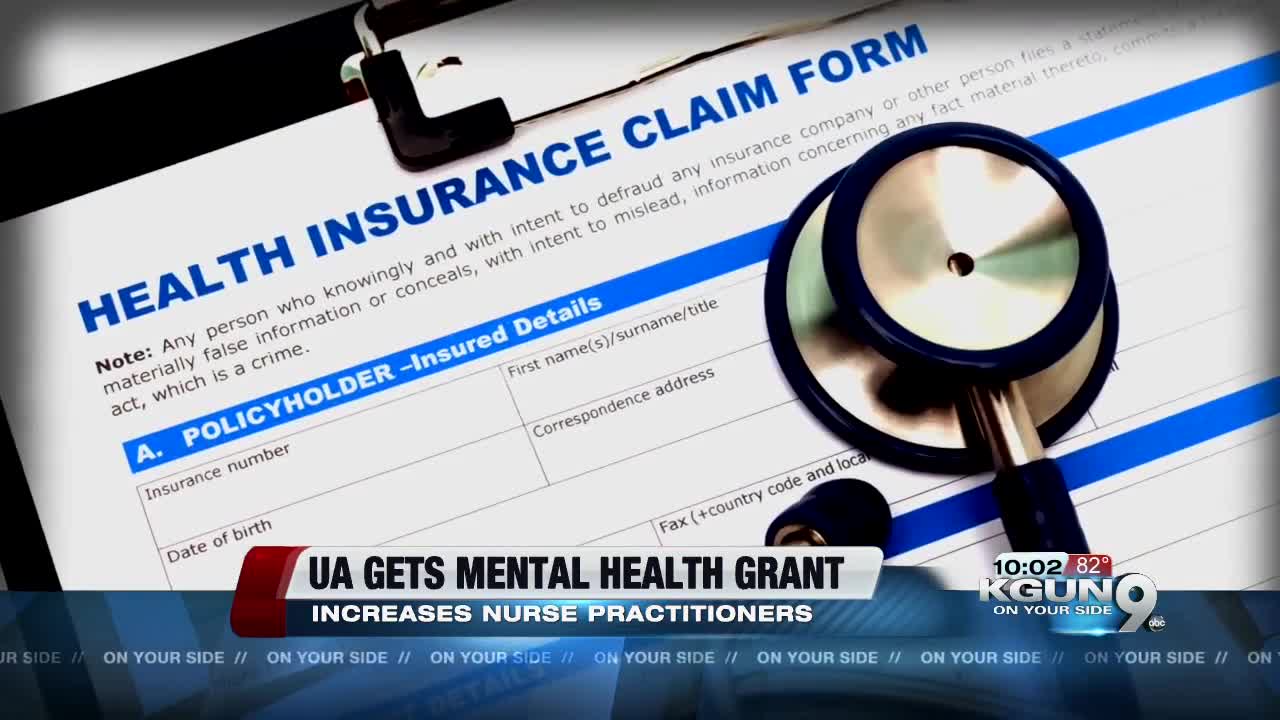Communities outside big cities often have very little to no access to mental health care, but a grant recently awarded to the University of Arizona College of Nursing could help change that . The grant will give a new generation of nurse practitioners the training to work in those places.
The funding from the U.S. Health Resources and Services Administration Behavioral Health Workforce Education and Training program will allow the UA College of Nursing to launch a project to increase the number of psychiatric mental health nurse practitioners in rural, border and medically underserved communities.
The four-year $1.7 million grant will allow nine students each year to help pay for school and sharpen their skills at rural, border and medically underserved cities specially chosen for collaborative care.
Rene Love , PhD, clinical associate professor and director of the UA College of Nursing's Doctor of Nursing Practice program is the lead investigator for the grant. She argues Arizona has vast areas where people have limited to no access to care. "They either have to travel or they don't get services. My thought behind applying for this grant was, 'Can we promote and help these students so they will see the value in working with patients in integrated settings in rural and medically underserved areas?' And beyond that, 'Can we encourage them to stay and help these patients in Arizona once they've graduated from the program?'" she added. The project is a bold step forward for nurses in the psychiatric mental health nurse practitioners field, Dr. Love said.
The funds from the grant will continue to break down barriers, such as fostering interprofessional collaborative care at rural facilities to which students are assigned.
Training will happen at one site for at least six months to support care in rural and medically underserved locations. Students will be encouraged to attend staff meetings with other health-care professionals to help emphasize the collaborative aspect. Their training will also include working on assessments, diagnosis and treatment.
Nine inaugural students are set for placement in the program in 2018.



